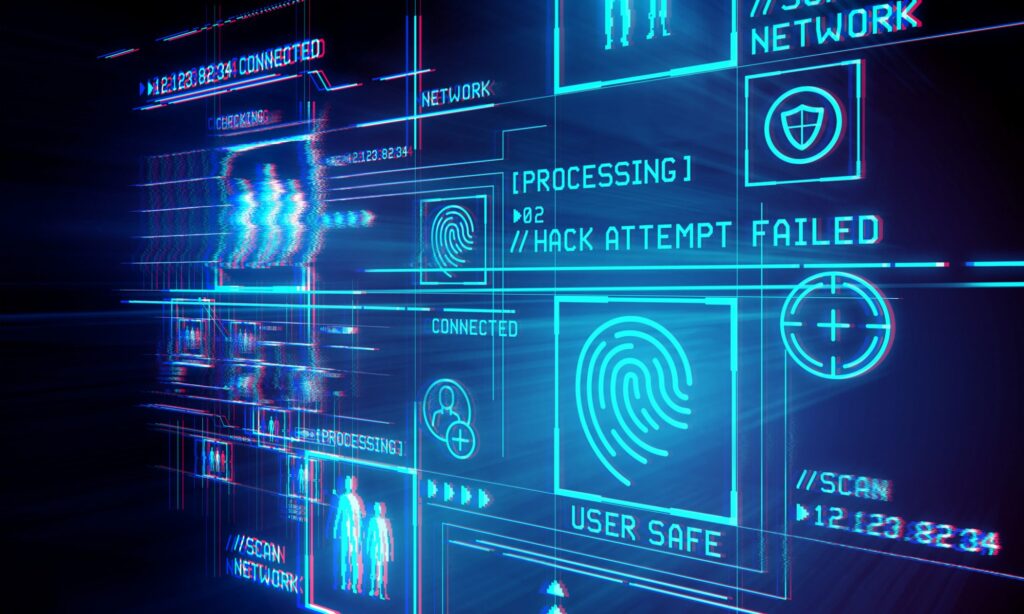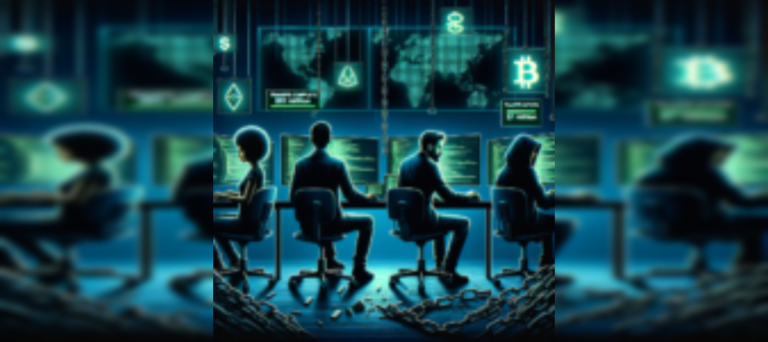The role of cyber influence operations in global security has evolved significantly with advancements in technology. This article delves into how the U.S. Treasury is involved in countering these threats, particularly focusing on the activities related to designated terrorist organizations like Hamas. Understanding the complexity and the necessity of combating these cyber threats is crucial for ensuring national and global security.
Understanding Cyber Influence Operations:
Cyber influence operations are coordinated efforts to manipulate public perception and decision-making processes, often for political, social, or economic objectives. These operations leverage digital platforms to spread targeted propaganda, disinformation, or misinformation.
The Role of the U.S. Treasury in Combating Cyber Terrorism:
The U.S. Treasury plays a pivotal role in national security, particularly in financial measures against terrorism. It also targets cyber threats by imposing sanctions and regulating financial transactions that support cyber terrorist activities.
Hamas as a Designated Terrorist Organization:
Hamas has been designated as a terrorist organization by various governments, including the United States. This designation carries significant financial and legal implications, impacting the group’s operational capabilities.
The Concept of a ‘Spokesperson for Cyber Influence Operations:
‘ A spokesperson for cyber influence operations is a role assumed by individuals or groups aimed at manipulating public opinion through digital means. This role has become increasingly important as cyber operations become more sophisticated.
Methods Employed in Cyber Influence by Terrorist Organizations:
Terrorist organizations utilize various methods such as social media campaigns, fake news, and hacking to influence public opinion or government policies. These methods aim to create division, spread propaganda, or disrupt societal harmony.
U.S. Responses to Cyber Threats from Terrorist Organizations:
The U.S. government has implemented various strategies to combat cyber terrorism, including enhancing cybersecurity laws, increasing intelligence gathering, and promoting public awareness about cyber threats.
Impact of Cyber Influence Operations on Public Perception and Security:
Cyber influence operations can significantly impact public perception, potentially leading to social unrest or manipulation of democratic processes. Analyzing these impacts is vital for developing effective countermeasures.
Challenges in Identifying and Countering Cyber Spokespersons:
Identifying and countering cyber spokespeople is challenging due to anonymity on the internet and the global nature of the digital world. Overcoming these challenges requires advanced technology and international legal frameworks.
International Cooperation in Combatting Cyber Terrorism:
International cooperation is essential in the fight against cyber terrorism. Shared intelligence and joint operations can lead to more effective strategies against global cyber threats.
Future of Cybersecurity Measures Against Terrorism:
Advancements in technology will dictate the future of cybersecurity measures against terrorism. Emerging technologies like artificial intelligence and blockchain can play significant roles in enhancing security protocols.
Conclusion:
Cyber influence operations pose significant challenges to global security, but with coordinated efforts and advancements in technology, it is possible to mitigate these threats effectively. The role of the U.S. Treasury and other agencies is critical in this ongoing battle.
READ: Card Data Snatched in E-Commerce Hack






Pingback: LightSpy Spyware: Chinese Hack Targets South Asian iPhones